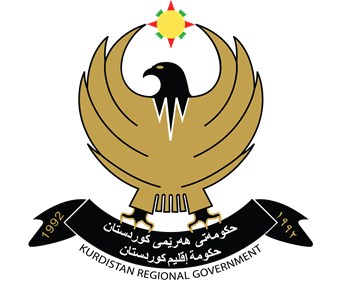گۆڕانى زمانى لە نێوان شێوەزارى سۆرانى و گەرمیانى بەپێى تیۆرى شەپۆلەکان، ئاستى دەنگسازى بە نموونە
DOI:
https://doi.org/10.56422/ka.2.60.262Abstract
Abstract
Linguistic change between Sorani and Garmian dialects according to wave theory, the
level of noise, for example
The source of change and linguistic differences are two things: the first is that human beings have always created a new set of ideas to meet their needs, and the second is that the distancing of the speeches from each other, due to the weakness of the relationship between the Kurds and the change of language, has also created differences between the people of different areas.
This study, titled: Linguistic change between Sorani and Garmian dialects according to wave theory, the level of noise, for example), is an attempt to identify some sides of language development and change in Sorani and Garmian dialects according to wave theory, i.e. the spread of Sorani and Garmian dialects within each other's borders. In addition to the introduction and results, the investigation consists of different topics:
The first part: is the topic of language change, the emergence and dispersion of dialects and dialects, determining the boundaries of Sorani and Garmian dialects and their relationship, then the theory of waves has been identified.
Second part: is the level of phonetic is taken as an example, in which, according to the theory of waves, the change of phonetic between the Sorani and Garmian dialects is discussed, and then the results are presented.
Key words: language, dialectic, accent, lingual change, wave theory.




